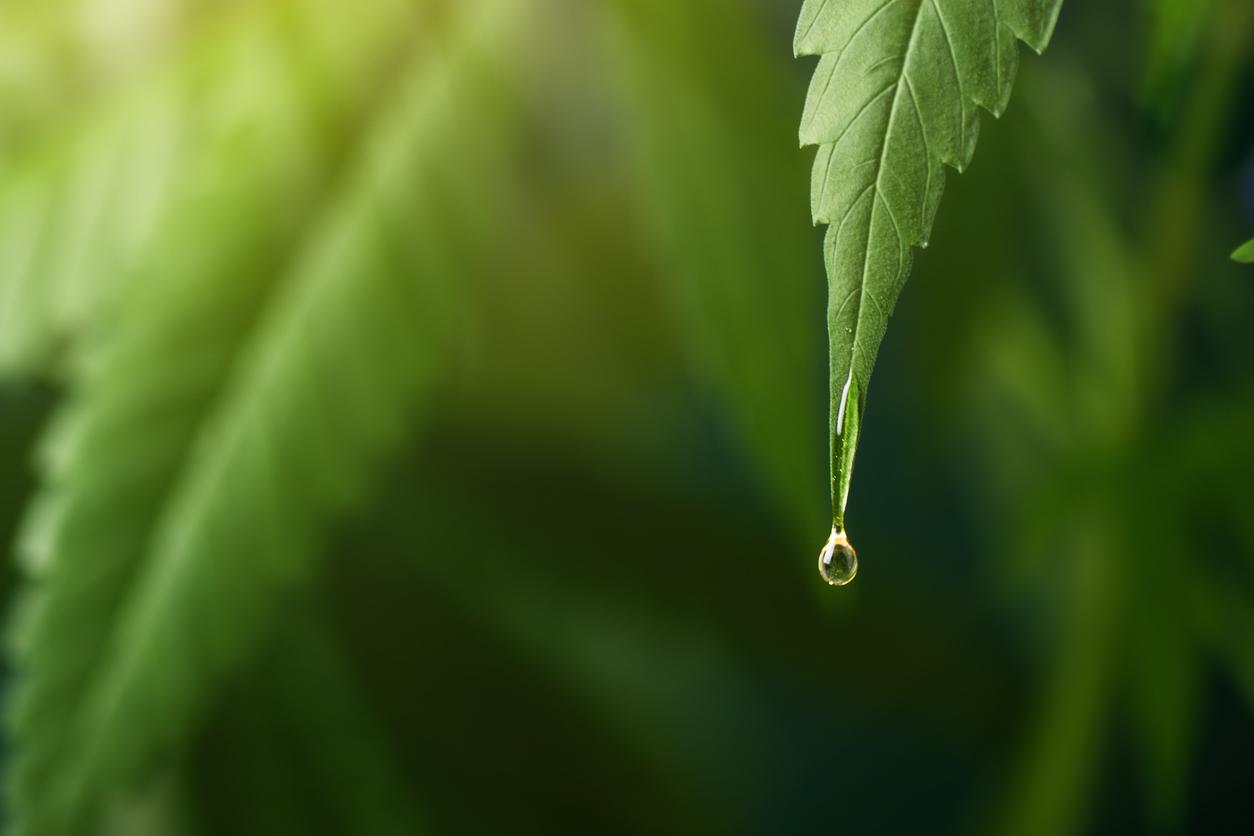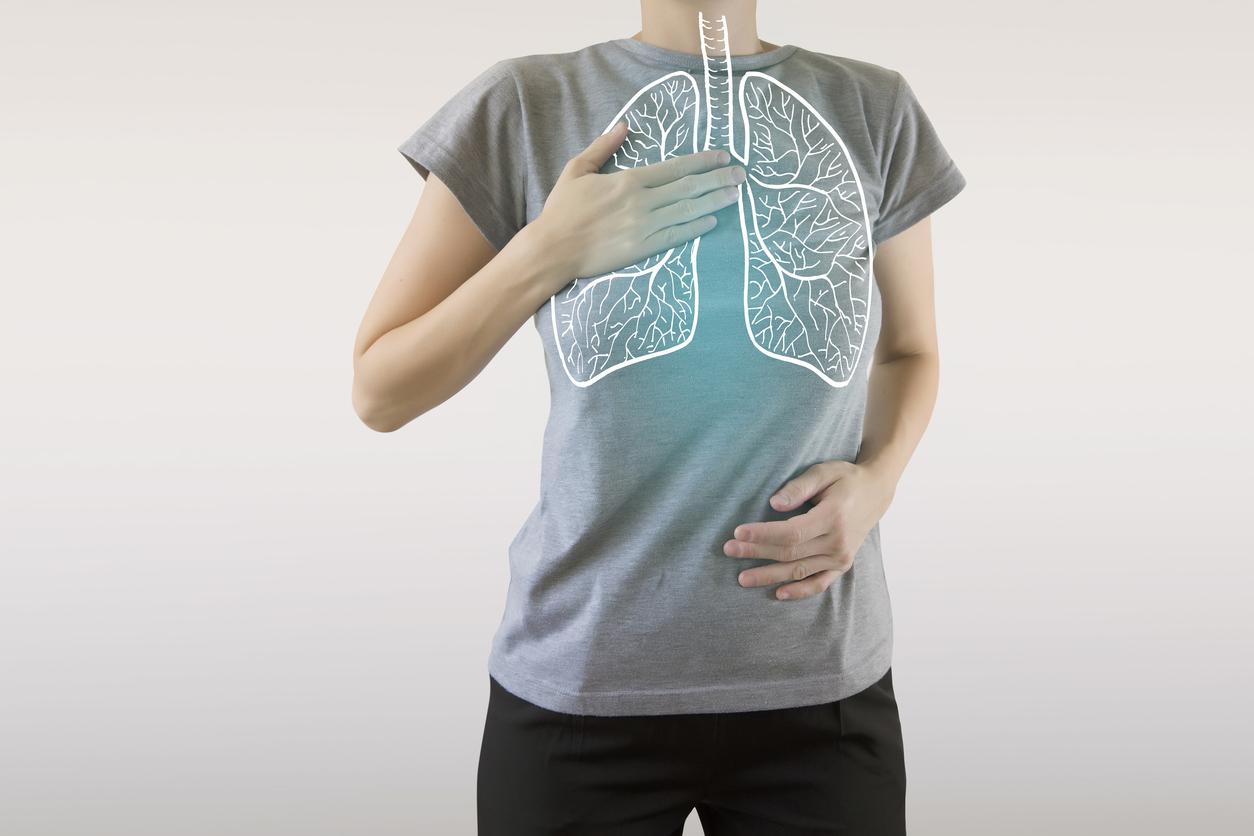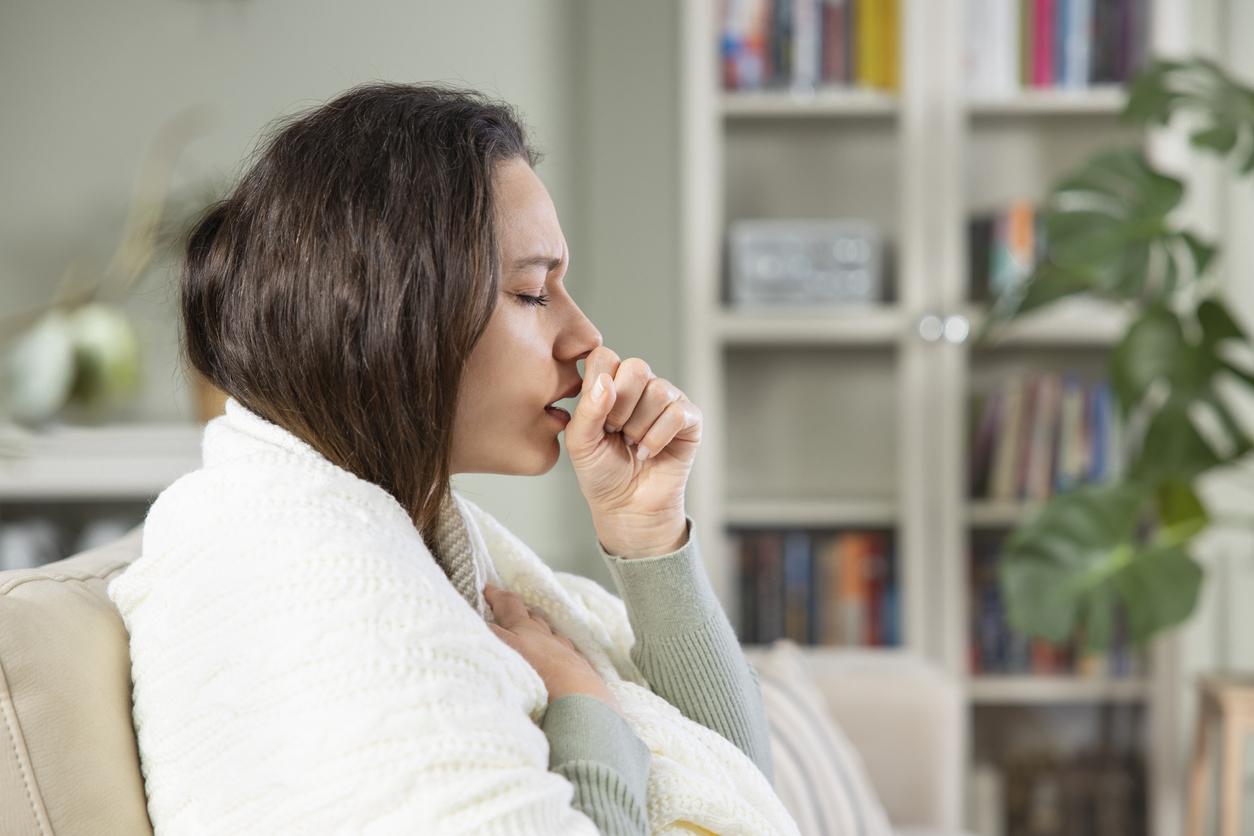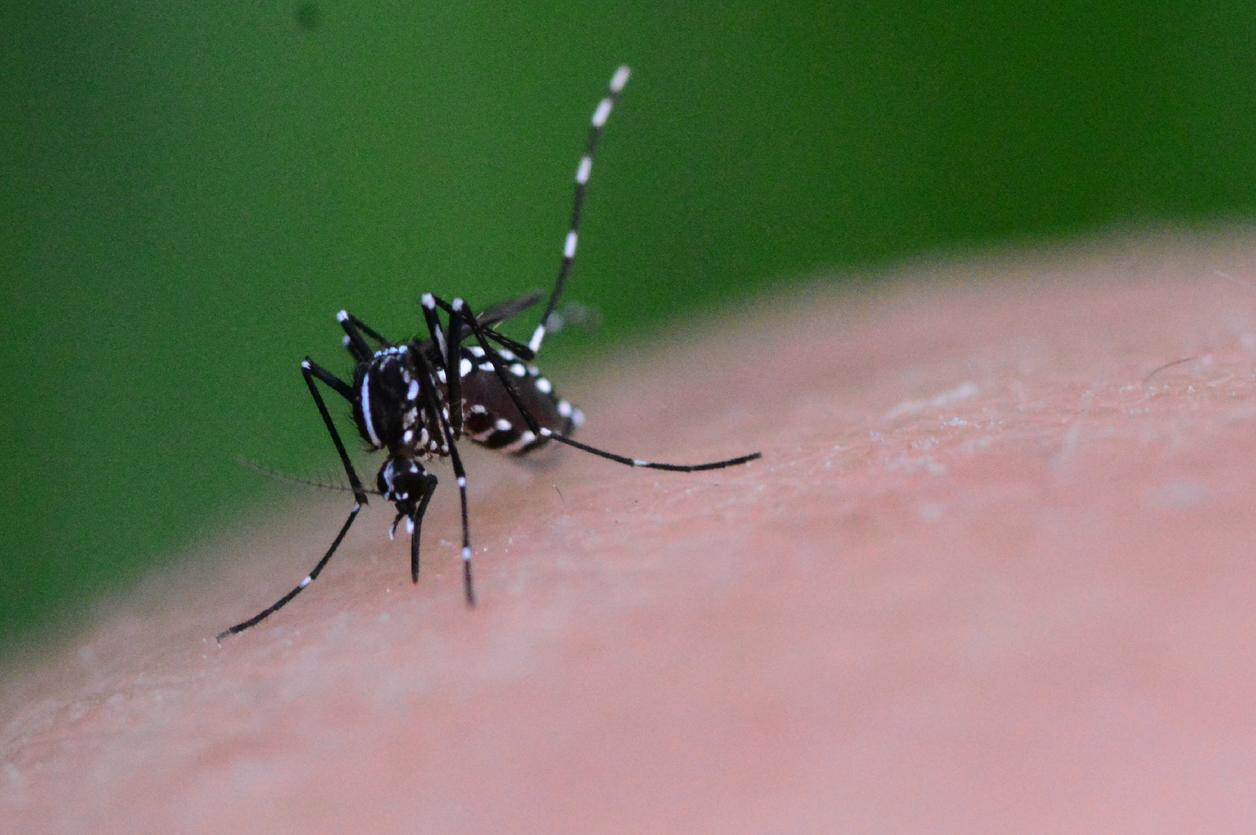Last January, the Deputy Director General of the National Medicines Safety Agency (ANSM) announced that experimentation with therapeutic cannabis would start in France in September. 3,000 patients suffering from chronic neuropathic pain, multiple sclerosis, resistant epilepsy or complications due to cancer could benefit from this experiment for 2 years.
But in the absence of publication of the Decree of application, the law which authorizes the medical use of cannabis within the framework of this experiment, cannot be implemented. This is why 51 health professionals who have worked for this project for 2 years are publishing a forum in Le Parisien. In this forum, these psychiatrists, neurologists, pharmacologists, oncologists, ask the State to respect its commitments. “The repeated postponement of the start of this experiment, for lack of an implementing decree, is currently raising questions about the political will to actually put it in place. This creates anxiety and even anger among patients who are already in physical and psychiatric and waiting for additional solutions. This also puts health professionals in difficulty in managing the growing and legitimate requests of patients and their entourage, following the announcement of this experiment which is not coming” underline the health professionals . They want the Application Decree to be published “as soon as possible, to offer patients these treatments from the first quarter of 2021”.
6 questions to Pr Nicolas Authier, psychiatrist-addictologist in charge of setting up this experiment
How will this experiment take place?
Nicholas Authier: We will draw up the specifications for its implementation. Medical cannabis is not an innocuous product and few know about it. We must first train the health personnel concerned – doctors and pharmacists. Then select the product: as no French laboratory produces medical extracts from the plant, we will have to turn to foreign suppliers. Finally, set up a data collection register, which will allow the scientific evaluation of this experiment. Then only the first patients will be able to benefit from it. The initial prescription will be reserved for specialists (neurologists, oncologists, etc.), in the hospital. Renewal can be done by the attending physician.
Which patients will benefit?
Five major indications have been selected, with the objective of monitoring 3,000 patients over 6 months. Cannabis can therefore be prescribed in various treatments: chronic neuropathic pain, linked to post-operative consequences, accidents or nerve damage, following a herniated disc, for example, or cancer treatments; involuntary muscle contractions (spasticity) due to multiple sclerosis or spinal cord damage; resistant epilepsies in adults and children; in supportive oncology care, not to treat the cancer itself, but to relieve anorexia, malnutrition or resistant nausea; in palliative care, finally, to help better endure chemotherapy, treat pain and solve anxiety and sleep problems.
In any case, it will never be prescribed as first-line treatment: only to those who do not respond, or no longer respond, to existing conventional treatments for each indication.
Why does France have to carry out this experiment?
Numerous scientific studies report an improvement in the quality of life of certain patients.
They are not as complete as those carried out on “conventional” drugs: we need to improve this knowledge, in particular on the dosage adapted to each indication. But we also know that some patients already use cannabis for self-medication.
This reality has always existed, its medical use against pain has been known, empirically, for millennia, and it has become more and more visible as its users have structured themselves to demand that we recognize its therapeutic interest. . Today, whether they buy cannabis from dealers or cultivate it, they are both illegal and exposed to the risks of cannabis without guarantee of effectiveness, nor stability over time and potentially a source of side effects. Since it is the responsibility of medicine to relieve without harming, it is important to help these patients to have a quality product.
What substances are of medical interest in cannabis?
We speak of medical cannabis in a generic way. The plant is a complex mixture of hundreds of active molecules (cannabinoids), present in varying proportions. Among them, two make it possible to consider drugs for different indications, depending on whether their ratio is more or less important.
The most present in the plant – and most famous – is tetrahydrocannabinol (THC). Sought after by recreational cannabis users for its psychotropic effects, it reduces the sensation of pain but is also the most involved in its undesirable effects (dependence, sedation, drowsiness, cognitive disorders, anxiety attacks, psychiatric symptoms, etc.). Cannabidiol (CBD) is devoid of side effects, reduces the psychotropic effects of THC, and has neuro-protective, sedative and relaxing properties. For painkiller use, for example, it is interesting to have a product with a higher dose of THC, and against epilepsy little THC for a lot of CBD.
In what form will medical cannabis be dispensed?
There is no question of smoking it. Two types of treatment are currently under discussion. Inhalation by vaporization, which allows faster effects on symptoms, is interesting for the treatment of pain. We must also decide on a form by ingestion, more suited to a long-term treatment: capsules or capsules, offering an action that is both slower and prolonged.
Does therapeutic cannabis have limits?
There is nothing miraculous about medical cannabis. It has not yet been proven to be as effective, or even more so, than other treatments. But it can expand the palette of pharmacological products. In the indications that we have selected, for a certain number of patients who are resistant to traditional treatments, in the face of which we are today powerless, it seems legitimate to us to be able to prescribe it, in addition or as an alternative.
Read also :
- Therapeutic cannabis: no proven harmful effects
- Dispensation for a man using therapeutic cannabis
- The legalization of cannabis changes its consumption


















